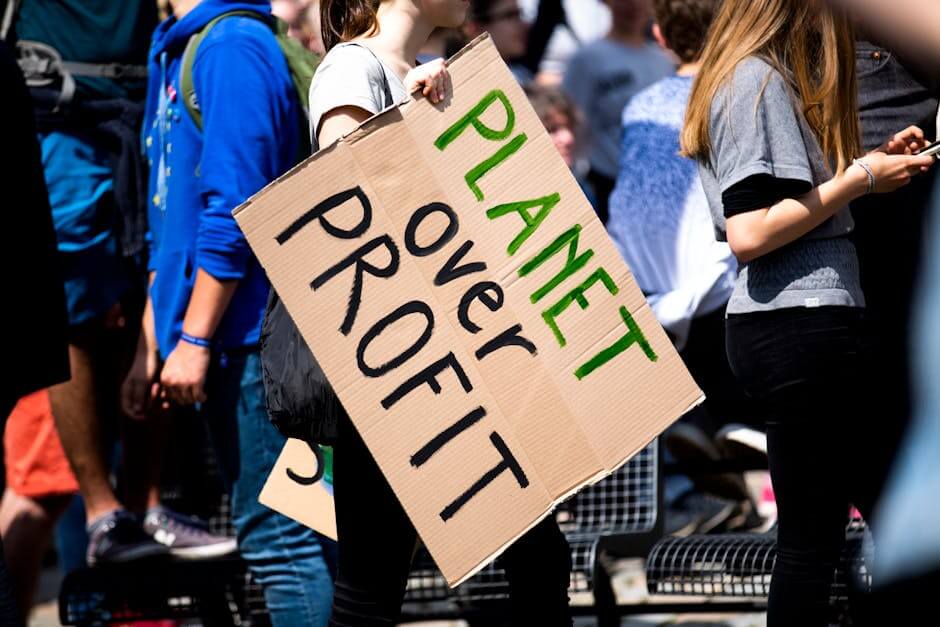Global warming, a term that has become synonymous with environmental crises, refers to the gradual increase in the average temperature of the Earth's atmosphere and oceans. This phenomenon, driven primarily by human activities, has far-reaching consequences for our planet and its inhabitants.
The primary culprit behind global warming is the release of greenhouse gases, such as carbon dioxide, methane, and nitrous oxide, into the atmosphere. These gases trap heat and prevent it from escaping into space, leading to a gradual rise in temperatures. The burning of fossil fuels, deforestation, and industrial processes are major contributors to this problem.
The effects of global warming are already being felt around the world. Rising sea levels threaten coastal communities and infrastructure, while extreme weather events, such as hurricanes and heat waves, are becoming more frequent and severe. Changes in precipitation patterns disrupt agriculture and water availability, posing a significant threat to food security.
The consequences of unchecked global warming are dire. If left unabated, it could lead to widespread coastal flooding, mass extinction of species, and the displacement of millions of people. The economic and social costs would be catastrophic.
Addressing global warming requires a multifaceted approach involving both mitigation and adaptation strategies. Mitigation efforts focus on reducing greenhouse gas emissions by promoting renewable energy sources, improving energy efficiency, and investing in carbon capture and storage technologies. Adaptation measures aim to prepare for and reduce the impacts of climate change, such as building seawalls to protect coastal areas and developing drought-resistant crops.
While global warming is a pressing issue, it is not insurmountable. By working together, governments, industries, and individuals can take meaningful action to reduce emissions and mitigate its effects. International agreements, such as the Paris Agreement, provide a framework for global cooperation on climate change.
Investing in renewable energy sources, such as solar and wind power, is crucial for reducing our reliance on fossil fuels. Promoting energy efficiency in industries, buildings, and transportation can also significantly reduce greenhouse gas emissions. Additionally, conserving forests and promoting sustainable land use practices help absorb carbon dioxide from the atmosphere.
Individual actions also play a role in combating global warming. Reducing our carbon footprint by making simple lifestyle changes, such as using public transportation, conserving energy, and recycling, can make a meaningful contribution. Supporting businesses and organizations committed to sustainability is another way to drive positive change.
Global warming is a complex issue that demands our immediate attention. By taking collective action, we can create a sustainable future for our planet and ensure the well-being of generations to come. The time to act is now, before it is too late.

